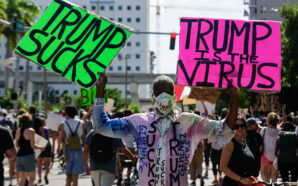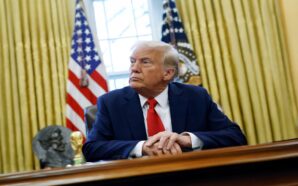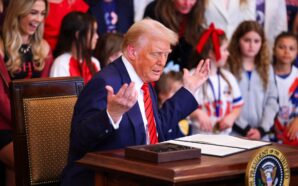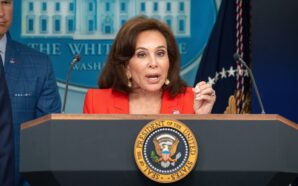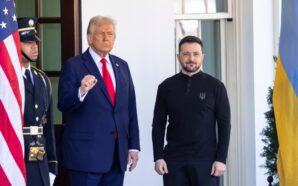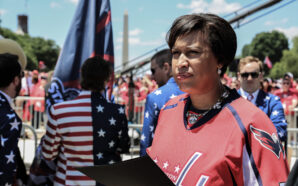And The World Changes Language!
You could say the line between urbandictionary.com and dictionary.com is getting confuzzled. You could get lucky coming up with words that might (??) be legally played against your competitive grandma on Words With Friends. You may realize as society changes, so does our language. But, what earns a term its place in a dictionary of English language?
Words have emerged from all corners of our culture and into the dictionary. Remember, words are tools or toys; we make them, use them, and change them. There are little Shakespeares all over the internet making up words right now. A word or term gets into the dictionary when enough people use it over and over again. They catch on, like Shakespeare’s “priceless” “never-ending” “day’s work.”
Oftentimes new terms are created by being compounded or combined with others. Technology has given us new words we need for all our modern habits like “binge-watch,” “selfie,” and “listicle.” Your online dictionary can now clarify the meaning of popular terms like “self-care,” “woke,” or “cray” (also “cray cray”).
Of course, politics call for new terms that come to stay, like, recently, “truthers,” “safe-spaces,” and “first world problems.” Our dictionaries also reflect how personal relationships have changed. Enough people have been “ghosted,” “friend-zoned,” and “sexted” to go ahead and look up what those mean. Head of US Dictionaries, Katherine Connor Martin, says the vocabulary of gender and sexuality has largely expanded “to reflect more complex understandings of this aspect of the human experience.” Consult your dictionary to define “cisgender” or “sociosexual.” Philosophers even still contribute new definitions; recently, the Oxford English Dictionary added “whataboutery,” sometimes called, “whataboutism.”
Like every age before us, our language reflects our culture, and so do our classic and digital dictionaries.
Young Voters Registered And Ready In Florida
-
Credit: Shutterstock Court says only a Senate-confirmed board has that power A federal judge has blocked the Trump administration’s...
-
Credit: Shutterstock “Workers Over Billionaires” rallies aim to send a national message Labor Day is shaping up to be...
-
Credit: Shutterstock Safety crackdown or political power play? The Trump administration has warned California, Washington, and New Mexico that...
-
Credit: Shutterstock Justice reform or political theater? President Trump has never shied away from bold moves, and his latest...
-
Credit: Shutterstock When the Law Becomes a Chessboard, the People Always Lose Alina Habba, best known as one of...
-
Credit: Shutterstock Jeanine Pirro’s new policy is shaking up law, safety, and politics Washington, D.C., just got hit with...
-
Credit: Shutterstock Massachusetts Mom Detained for 20-Year-Old Marijuana Conviction A Massachusetts mother who has lived legally in the U.S....
-
Credit: Envato Elements Over 6,000 Students Had Their Visas Revoked The Trump administration has revoked over 6,000 student visas,...
-
Credit: Shutterstock What began as a rare show of unity at the White House on Monday quickly turned into...
-
Credit: Shutterstock Detainees Facing a Health Crisis Florida’s remote detention site known as Alligator Alcatraz has become a lightning...
-
Credit: Shutterstock Mayor Muriel Bowser took a sharply different tone Tuesday night, urging residents to “protect our city” in...
-
Credit: Envato Elements The Birth Rate Dropping in the U.S. is Concerning People…Except Women The nation’s birth rate is...




